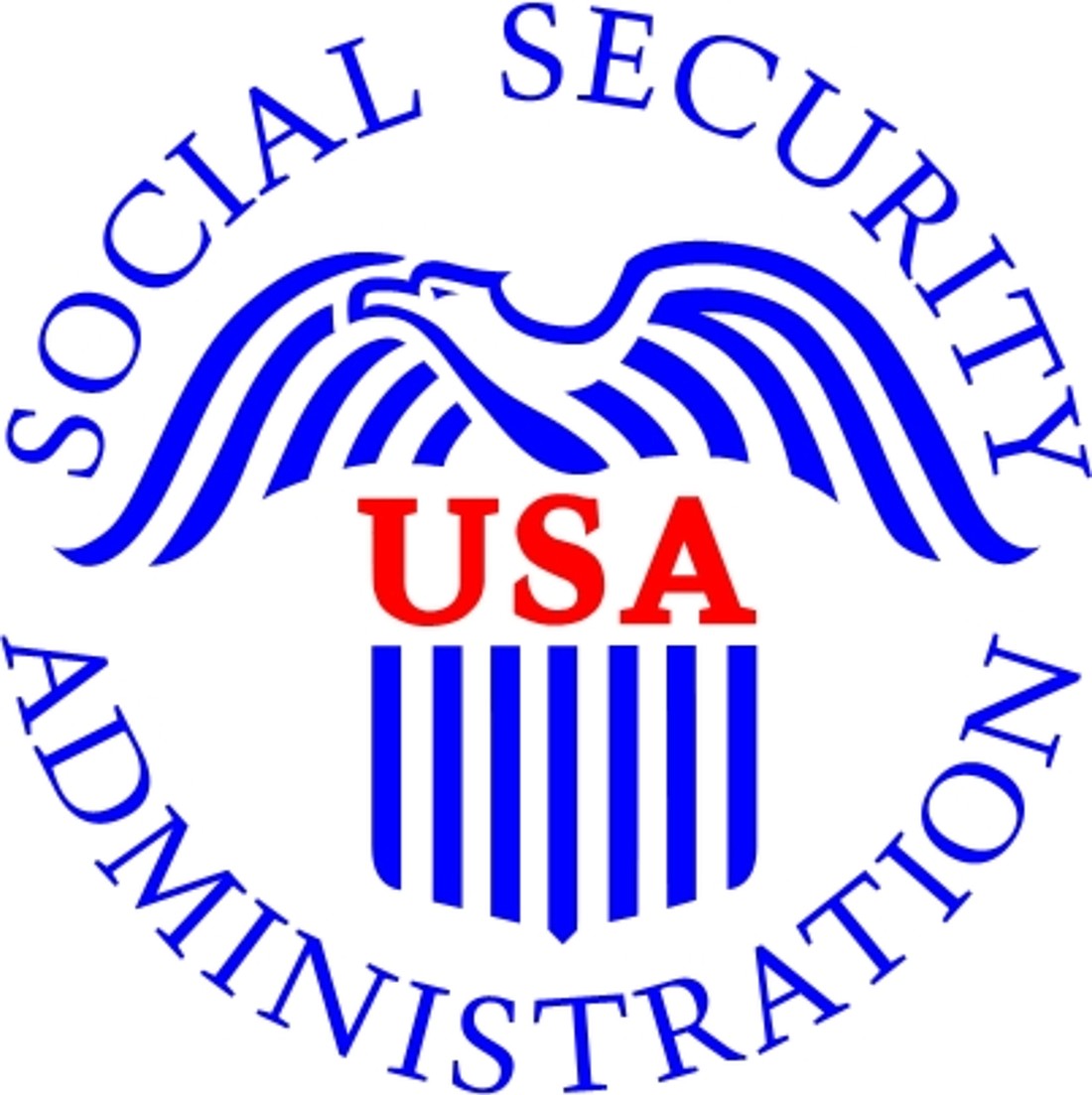Don’t Be Stressed Over Fraud
March 17, 2014 at 4:00 p.m.
By Kirk Larson
Social Security Western Washington Public Affairs Specialist
If you fall victim to fraud, it can really stress you out, not to mention damage your credit score and wallet. We encourage you to be cautious of suspicious email, letters, and phone calls or any time someone asks for your personal information.
Generally, Social Security will not call or email you and ask for your personal information, such as your Social Security number or banking information. If someone contacts you and asks for this kind of information and claims to be from Social Security, do not give out your personal information without first contacting us to verify the validity of the request. It could be an identity thief phishing for your personal information. Contact our toll-free number at 1-800-772-1213 (TTY 1-800-325-0778).
Report suspicious calls to our Fraud Hotline at 1-800-269-0271 from 10:00 a.m. to 4:00 p.m. Eastern Time, or online at http://oig.ssa.gov using the “Fraud, Waste, and Abuse” link. When making a report, please include as many of the following details as possible:
• The alleged suspect(s) and victim(s) names, addresses, phone numbers, dates of birth, and Social Security numbers;
• Description of the fraud and the location where the fraud took place;
• When and how the fraud was committed;
• Why the person committed the fraud (if known); and
• Who else has knowledge of the potential violation?
Identity theft is one of the fastest-growing crimes in America. If you or anyone you know has been the victim of identity theft, you should contact the Federal Trade Commission at www.idtheft.gov, or call 1-877-IDTHEFT (1-877-438-4338); TTY 1-866-653-4261.
Misleading advertisers may victimize people who receive Social Security and Supplemental Security Income (SSI) benefits. Such companies offer Social Security services for a fee, even though the same services are available directly from us free of charge. Especially upsetting are ads that make it appear as though they came directly from us. By law, such advertisements must indicate that the company is not affiliated with Social Security.
If you see, what you believe is misleading advertising for Social Security services from a company that fails to say it is not affiliated with Social Security, report it to us at: Office of the Inspector General, Fraud Hotline, Social Security Administration, P.O. Box 17768, Baltimore, MD 21235. This goes for advertisements in print, online, or on television or radio. Also, advise your state’s attorney general or consumer affairs office and the Better Business Bureau. You can visit the Office of the Inspector General online at http://oig.ssa.gov and select the “Fraud, Waste, or Abuse” link. Learn more about identity theft and misleading advertising by reading our publications on the subjects at www.socialsecurity.gov/pubs. You may have enough stress already. Do not get stressed over fraud.
Kirk Larson is a Social Security Administration Public Affairs Specialist located in Seattle and serving Western Washington





